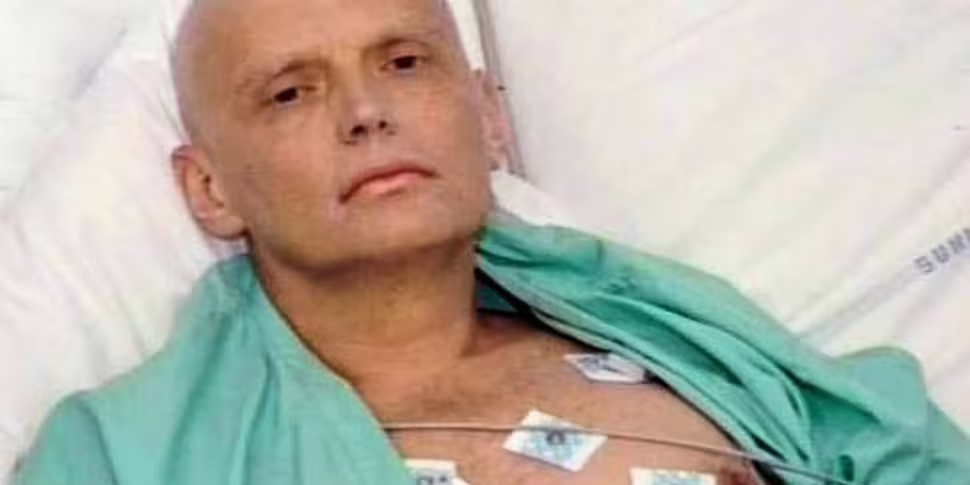David Cameron has suggested fresh sanctions could be imposed on Russia, after an inquiry concluded Alexander Litvinenko was "deliberately poisoned" in an operation "probably" approved by Vladimir Putin.
The British Prime Minister insisted the UK is "toughening" up its action against Moscow - and announced fresh asset freezes against the two men responsible for the former spy's murder at a London hotel in 2006.
He said Russia will be handled "with clear eyes and a very cold heart", and confirmed existing measures of expelling Russian diplomats and refusing to co-operate with Moscow's intelligence agencies will continue.
Mr Cameron added that the Government is "writing again to the prosecuting authorities to see what more can be done".
His remarks follow the publication of Sir Robert Owen's 300-page report, which said Dmitri Kovtun and Andrei Lugovoi were probably acting under the direction of Russia's FSB intelligence service when they poisoned Mr Litvinenko with radioactive polonium.
On his deathbed the fierce critic of the Kremlin, who fled Russia six years before his murder, pointed the finger at Mr Putin - and named former colleagues Kovtun and Lugovoi as the men who poisoned him.
Speaking outside the High Court in London, Mr Litvinenko's widow Marina said she was "very pleased that the words my husband spoke on his deathbed when he accused Mr Putin have been proved by an English court".
Both Lugovoi and Kovtun deny involvement in the murder and Russia has refused requests to have them extradited to the UK.
The Metropolitan Police said after the report was published: "There are outstanding warrants for Andrei Lugovoi and Dmitri Kovtun who remain wanted for this murder. Our objective will always be to put them before a criminal court."
Meanwhile, the Russian ambassador was summoned to the Foreign Office - and said after the meeting that the report, which he labelled a "gross provocation", would only hurt relations between the two countries.
The Kremlin has always denied any involvement in Mr Litvinenko's death, and on Thursday claimed the public inquiry was "politically motivated".
Lugovoi said the accusations against him were "absurd".
He told Russia's Interfax news agency: "The results of the inquiry published today confirm once more an anti-Russian position of London, narrow-mindedness and unwillingness of English people to find a real reason of Litvinenko's death."
Mr Litvinenko's work for British intelligence, criticism of the FSB and Mr Putin, and his association with other dissidents such as Boris Berezovsky were pointed to by Sir Robert as likely motives.
There was also "undoubtedly a personal dimension to the antagonism" between Mr Putin and Mr Litvinenko.
The tensions dated back to their only face-to-face meeting in 1998, when Mr Putin was head of the FSB and Mr Litvinenko was pushing for reforms of the intelligence service.
He made "repeated highly personal attacks" on Mr Putin after seeking asylum in the UK in 2000, including an allegation of paedophilia in July 2006.
Sir Robert said: "I am satisfied that in general terms, members of the Putin administration, including the president himself and the FSB, had motives for taking action against Litvinenko, including killing him, in late 2006."
Although the evidence was "circumstantial", other cases suggested that "in the years prior to Litvinenko's death the Russian state may have been involved in the assassination of Mr Putin's critics".
Sir Robert said he was "sure" the murder had been carried out by Lugovoi and Kovtun, and the report said there was an earlier attempt by them to poison Mr Litvinenko at a meeting in London in October 2006.
There have been fears linking the killing directly to Mr Putin could place a fresh strain on relations between London and Moscow.
In her statement outside court, Mrs Litvinenko called on David Cameron to impose "targeted economic sanctions and travel bans" against individuals, including Mr Putin.
Mrs Litvinenko also said she wanted all Russian intelligence operatives based at the London embassy to be expelled.









